Table of Contents
Introduction to Meat Seasoning
When it comes to cooking meat, the right seasoning can turn a simple dish into something unforgettable. Meat seasoning isn't just about adding flavor—it's about creating depth, aroma, and that perfect balance that makes your meal stand out. Whether you're grilling, roasting, or braising, understanding how to use meat seasoning is essential for any cook, from beginners to seasoned chefs.
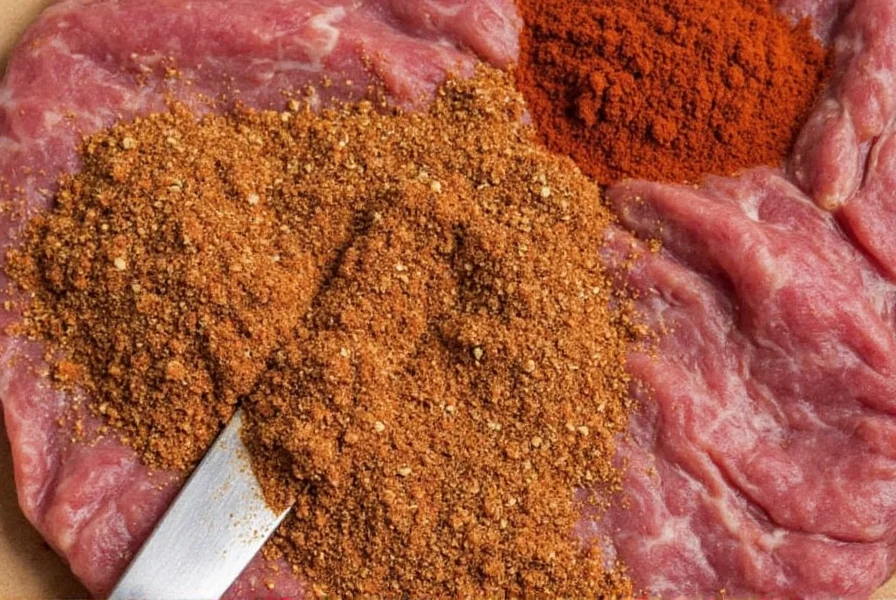
But what exactly is meat seasoning? It's a blend of herbs and spices specifically designed to enhance the taste of meats like beef, pork, chicken, and even game. These blends often include ingredients like garlic, paprika, cumin, coriander, and black pepper, each contributing its own unique flavor profile. Some are spicy, some are smoky, and others are more earthy—there's a meat seasoning for every palate and recipe.
Types of Meat Seasonings
There are countless variations of meat seasoning, each tailored for different types of meat and cooking methods. Here are some of the most popular ones:
- Italian Herb Blend: Perfect for grilled meats, this mix includes oregano, thyme, rosemary, and basil.
- Mexican Chili Rub: A fiery blend with chili powder, cumin, garlic, and onion powders.
- Indian Garam Masala: A warm, aromatic spice mix used in curries and marinated meats.
- BBQ Rub: Often includes brown sugar, smoked paprika, salt, and pepper for a sweet and smoky finish.
- French Herbes de Provence: A delicate blend of lavender, thyme, and rosemary, ideal for lamb and poultry.
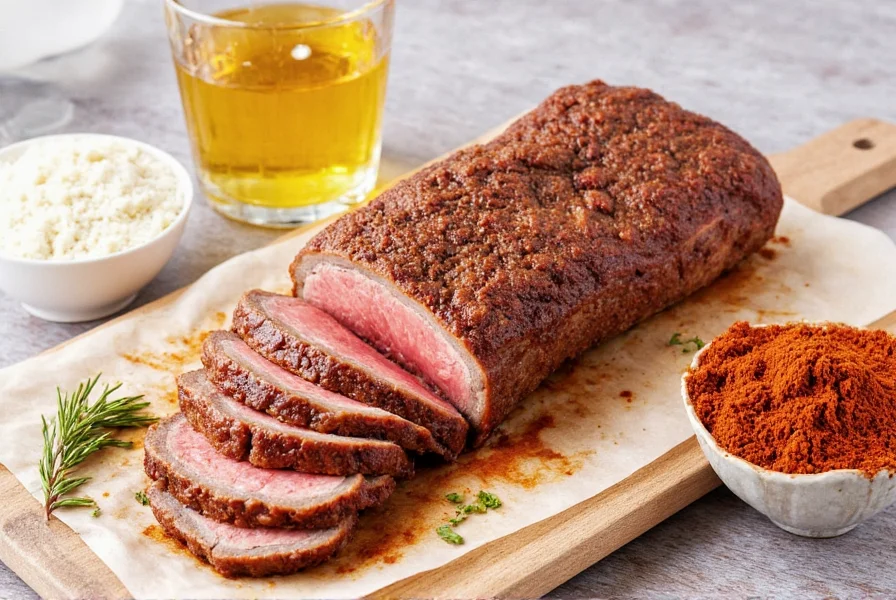
Each type has its own story and best use. For example, if you're making a classic steak, a simple salt and pepper rub might be all you need. But if you're going for a bold, smoky flavor, a BBQ rub could be the way to go. Understanding the differences will help you choose the right one for your dish.
Essential Tips for Using Meat Seasoning
Now that you know what meat seasoning is and what types are available, here are some practical tips to help you use it effectively:
- Season Early: Apply the seasoning mix at least 30 minutes before cooking to let the flavors penetrate the meat.
- Use the Right Amount: Too much seasoning can overpower the meat, while too little might leave it bland. Start small and adjust as needed.
- Combine with Other Flavors: Meat seasoning works best when paired with other seasonings like olive oil, lemon juice, or garlic.
- Experiment with Blends: Don't be afraid to mix different seasoning blends to create your own signature flavor.
- Store Properly: Keep your seasoning mixes in airtight containers away from heat and light to maintain their potency.
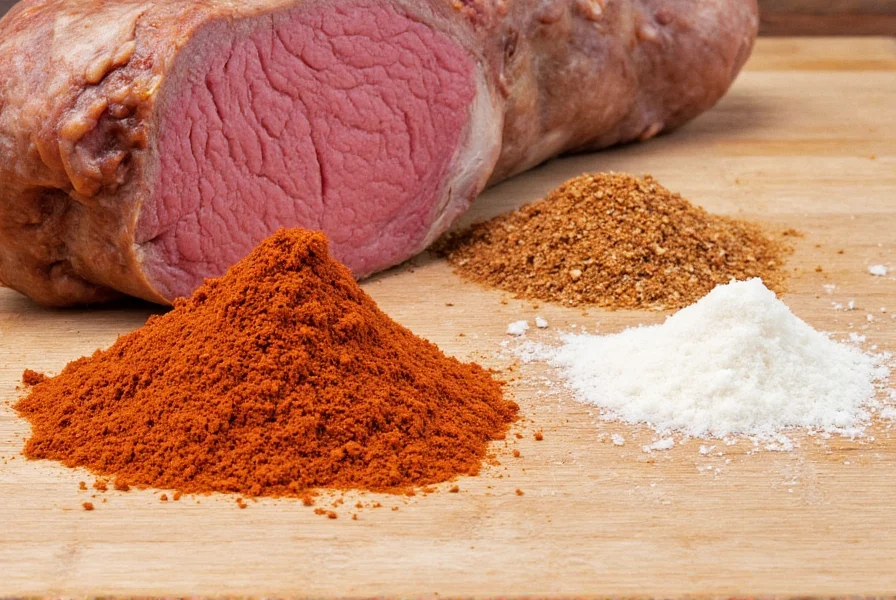
One of the most common mistakes people make is using pre-made seasoning mixes without adjusting them to their taste. While these can be convenient, they may not always suit your personal preferences or the specific cut of meat you're working with. That's why learning how to customize your own meat seasoning blend can be incredibly rewarding.
The Ultimate Buying Guide for Meat Seasonings
| Feature | Description |
|---|---|
| Ingredients | Look for high-quality, natural ingredients with no artificial additives. |
| Flavor Profile | Choose a blend that matches the type of meat and cuisine you're preparing. |
| Spiciness Level | Check the heat level if you want a spicy kick or prefer milder flavors. |
| Packaging | Airtight containers help preserve freshness and extend shelf life. |
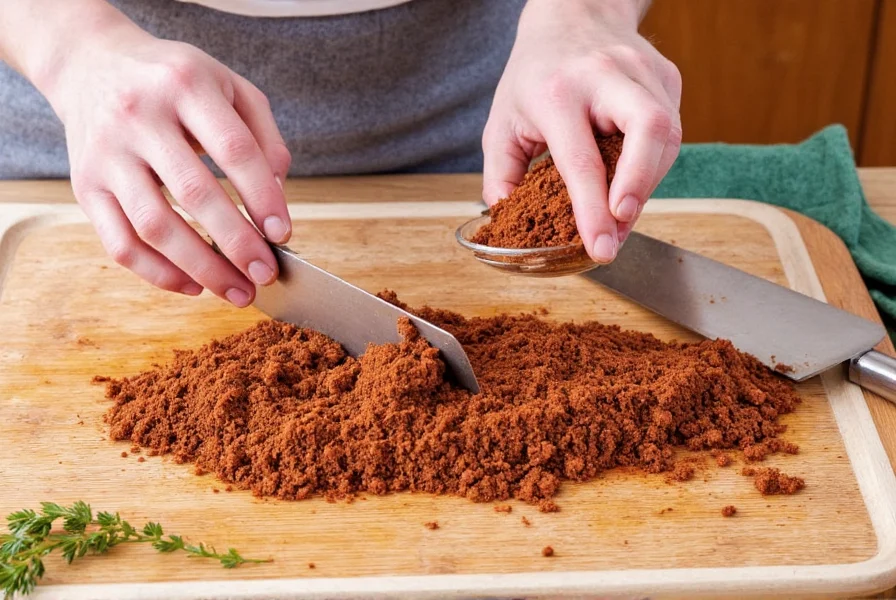
Some of the top brands in the market include:
- McCormick Season All: A versatile blend that works well with most meats.
- Savory Spice Shop Smoked Paprika Rub: Great for grilling and smoking.
- Penzeys Herbes de Provence: Ideal for Mediterranean-style dishes.
- La Tourangelle Black Pepper & Sea Salt: A simple but effective combination for steaks and roasts.
These products are suitable for different occasions, whether you're cooking for a casual dinner, a backyard barbecue, or a special event. They also cater to various dietary preferences, including gluten-free and vegan options.
The sentence that expands on meat seasoning is: Meat seasoning is more than just spices—it's a key ingredient that can transform the taste, texture, and overall experience of your favorite meat dishes.
Frequently Asked Questions About Meat Seasoning
What is meat seasoning exactly?
Meat seasoning refers to a blend of herbs and spices specifically formulated to enhance the flavor of meats. These blends typically contain a combination of ingredients like garlic powder, onion powder, paprika, black pepper, and various herbs. Unlike single spices, meat seasoning blends are carefully balanced to complement the natural flavors of meat rather than overpower them.
How do I use meat seasoning properly?
For best results, apply meat seasoning generously to your meat at least 30 minutes before cooking to allow the flavors to penetrate. For thicker cuts, you can even apply the seasoning blend several hours in advance and refrigerate. When applying, first pat your meat dry, then rub the seasoning blend in using your fingers to ensure even coverage. For grilling or roasting, you can also mix the seasoning blend with a little oil to help it adhere better to the meat surface.
How much meat seasoning should I use per pound of meat?
A general rule of thumb is to use about 1 tablespoon of meat seasoning blend per pound of meat. However, this can vary depending on the intensity of the blend and your personal taste preferences. Stronger blends may require less, while milder blends might need a bit more. Always start with less—you can add more after cooking if needed—but remember that you cannot remove excess seasoning once it's applied.
Can I make my own meat seasoning blend at home?
Absolutely! Making your own meat seasoning blend allows you to customize flavors to your preference. A basic homemade meat seasoning blend might include 2 tablespoons paprika, 1 tablespoon garlic powder, 1 tablespoon onion powder, 1 tablespoon black pepper, 2 teaspoons salt, 1 teaspoon cumin, and 1 teaspoon dried thyme. Mix these together and store in an airtight container. The beauty of homemade blends is that you can adjust the ratios to suit your taste.
How long does meat seasoning last before losing potency?
Properly stored meat seasoning blends typically maintain their potency for 6-12 months. To maximize shelf life, store your seasoning blends in airtight containers away from heat, light, and moisture. Whole spices last longer than ground spices, but since most meat seasoning blends use ground ingredients, it's best to use them within a year for optimal flavor. You can test if your seasoning is still good by smelling it—if it has little to no aroma, it's time to replace it.
Can I use meat seasoning for vegetarian dishes?
While meat seasoning blends are formulated specifically for meat, many can work well with vegetarian dishes too. The savory flavors in meat seasoning blends often complement mushrooms, eggplant, and other hearty vegetables that serve as meat substitutes. However, you might want to adjust the quantity since vegetarian dishes can be more delicate. Some meat seasoning blends contain ingredients like beef bouillon or meat extracts, so check the label if you need strictly vegetarian options.
Conclusion
In summary, meat seasoning is a powerful tool that every cook should have in their arsenal. From choosing the right type to applying it correctly, mastering meat seasoning can elevate your meals to new heights. Whether you're a professional chef or a home cook, understanding the basics of meat seasoning can open up a world of flavor possibilities.
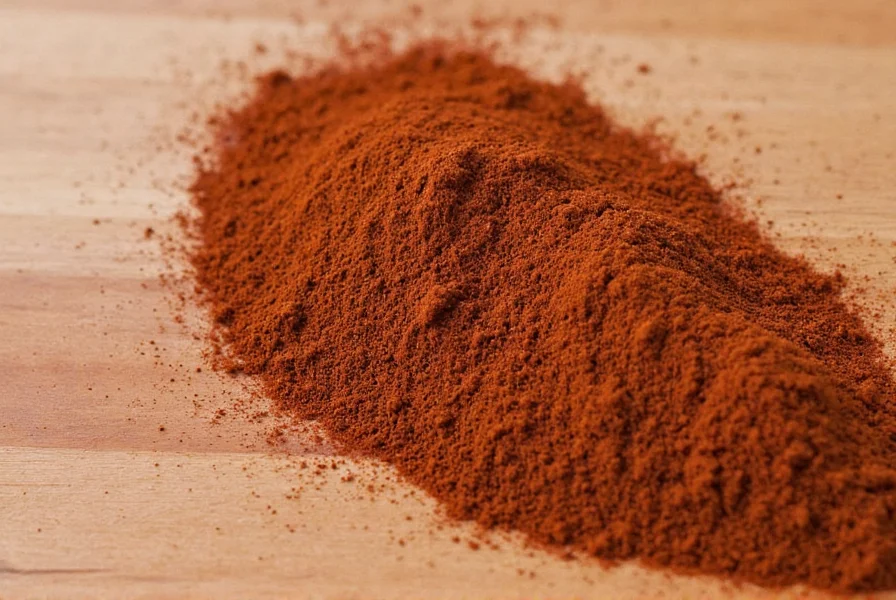
So next time you're preparing a meal, don't forget to reach for the spice rack. With the right meat seasoning, even the simplest cut of meat can become a culinary masterpiece.

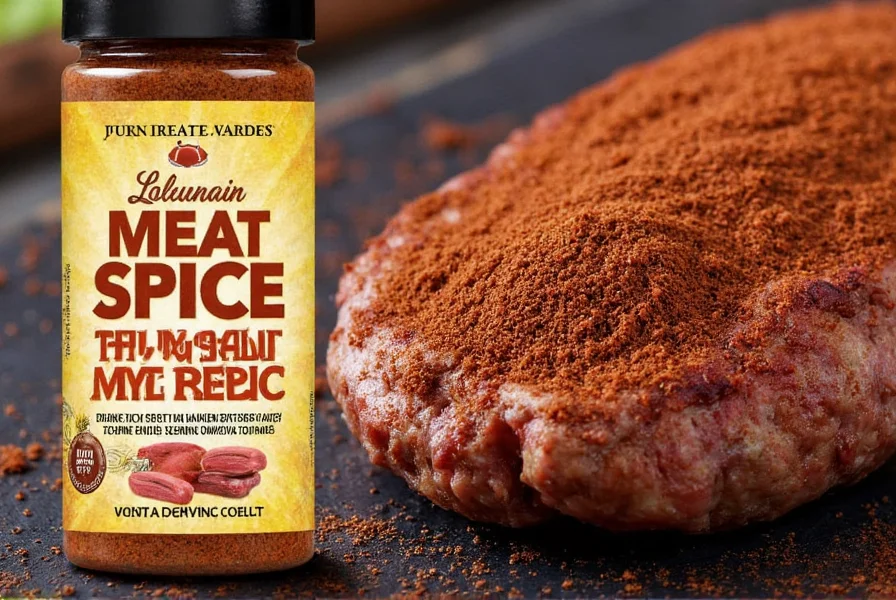









 浙公网安备
33010002000092号
浙公网安备
33010002000092号 浙B2-20120091-4
浙B2-20120091-4